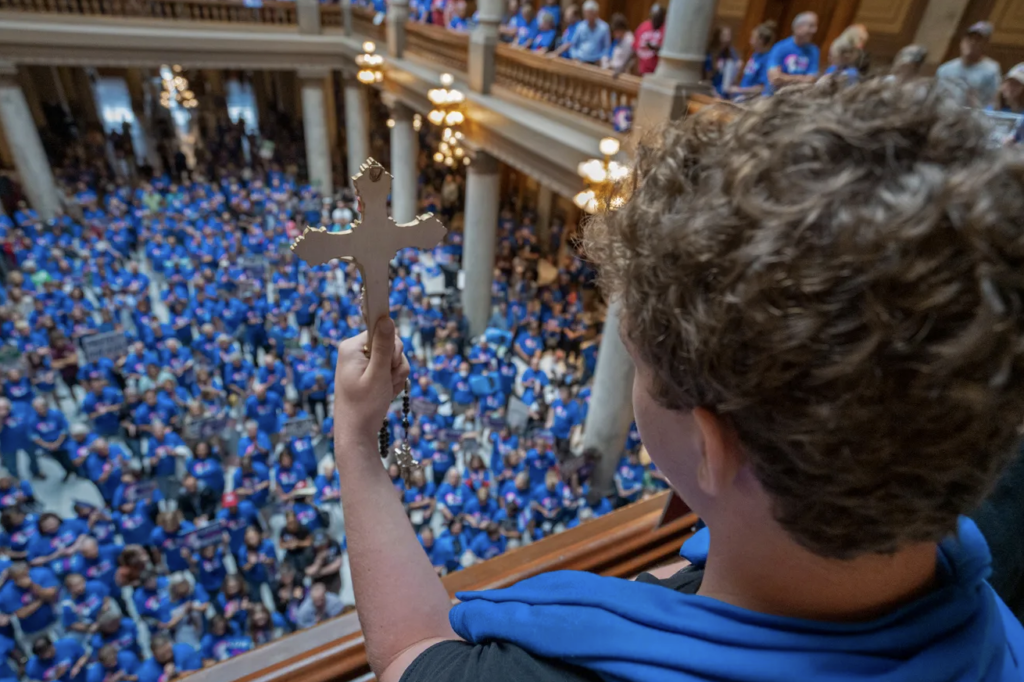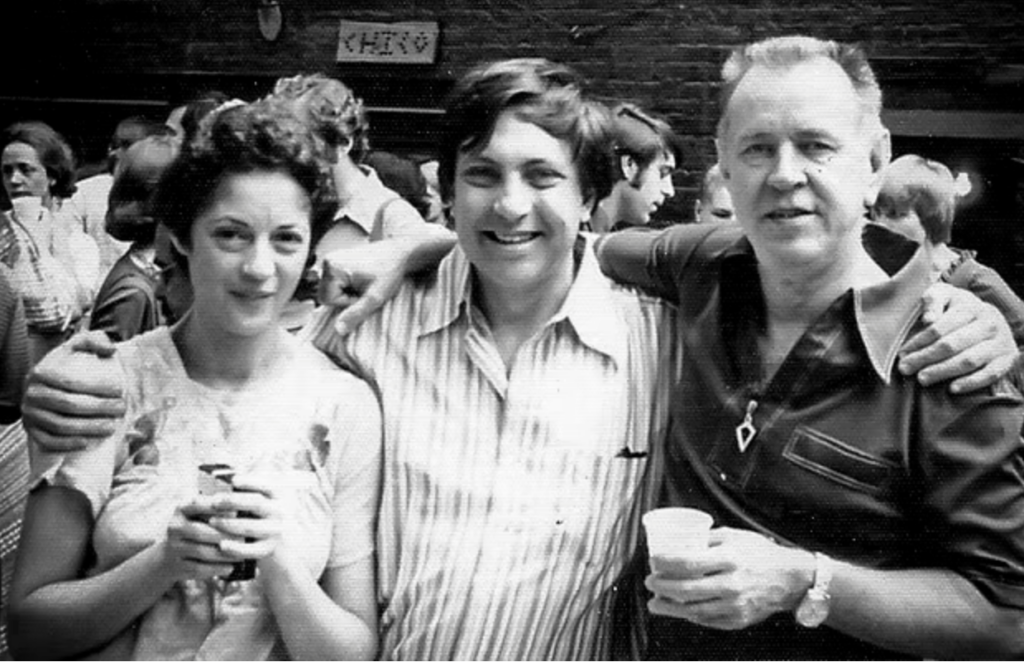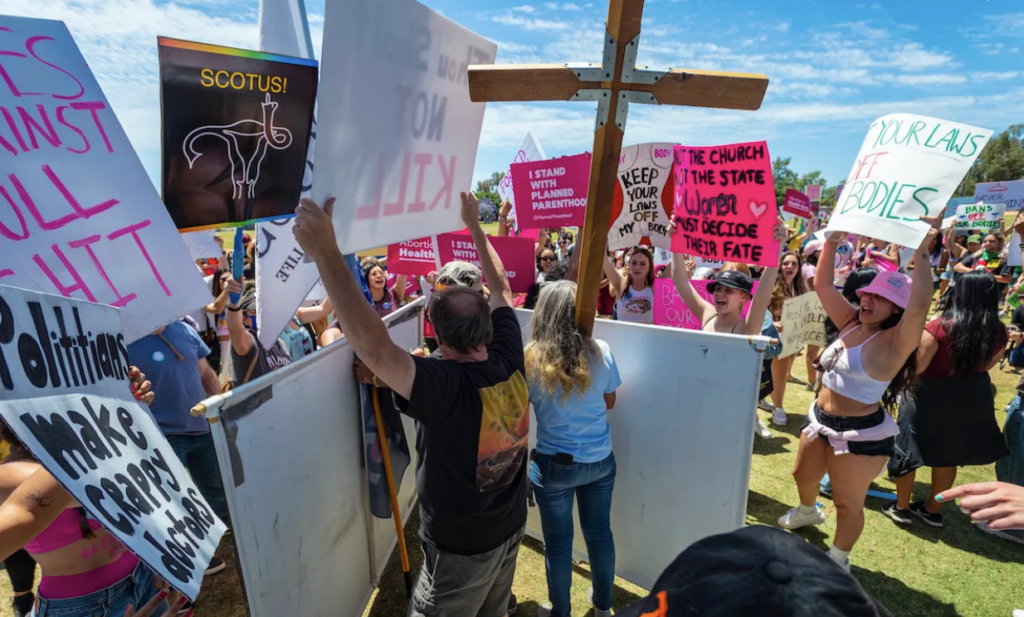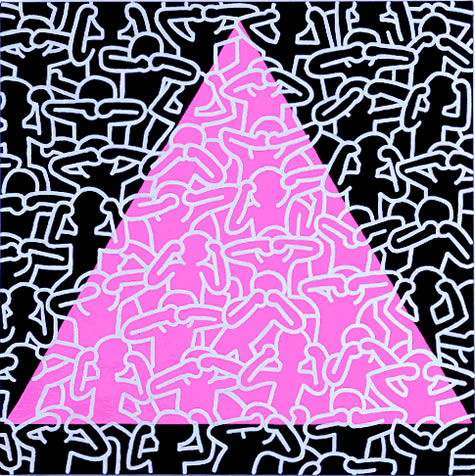Ava Linas
Today religion dominates the discussion about abortion, but this wasn’t always true. In the days before Roe v. Wade Evangelical Christians had yet to form an anti-choice opinion and a network of clergy members formed an underground group to direct women to safe abortion providers called the Clergy Consultation Service on Abortion. Learn how religious leaders’ stance on abortion shifted from favorable to hostile.
Revisiting Religion Transcript
Hi I’m Ava and this is Revisiting Religion, a podcast dedicated to exploring the history of religion and right wing anti-choice politics.
In today’s episode we’re talking about origin of the religious right and their attack on abortion.
Today, most people think of anti-choice protestors as right wing, trump supporters who use religious messages to argue why abortion is wrong, and these views and not unfounded.
But this wasn’t always the case. In the Pre-Roe era, it was actually clergy members who were distraught over the toll the lack of legal abortions was taking on their community who took action to make sure women were able to access safe abortions. These clergy members joined together to to form an underground network directing women to safe abortion providers.
Consider the story of Reverend Richard Unsworth who served as the Smith College chaplain from the 1950s-1970s. After witnessing the tragedy of failed illegal abortions, Unsworth saw that there was a need for safe abortion access. And Unsworth wasn’t alone. In the spring of 1967, Howard Moody founded the Clergy Consultation Service on Abortion in New York City. This group didn’t have an office, a board of directors, or bank account, just a phone number and a group of dedicated clergy members who spoke to women desiring an abortion and directed them to safe providers.
So when did religious leaders stop helping women access abortions and begin protesting against the legality of abortion all thogether? Most people think of Roe v. Wade as the birth of the religious right, but that’s not quite correct.
It all started in 1969 when a group of African American parents in Mississippi sued the Treasury Department to prevent three white-only private academies from securing full tax-exempt status, and a series of court cases followed.
In 1970, in the court case Green v. Kennedy, the court ruled to deny the academies full tax exempt status. Meanwhile, President Nixon ordered the IRS to create a new policy to deny tax-exempt status to all segregated schools. Since Title VI of the Civil Rights Act forbid racial discrimination, discriminatory schools could not be defined as “charitable” institutions and in 1971, another court case, Green v. Connally, upheld the new IRS legislation denying tax-exempt status to all segregated schools such as those originally sued by the group of African American parents in Mississippi.
Now, many of these segregated schools were run or funded by Christian institutions, particularly evangelical Christian churches and organizations, so when Green v. Connally ruled to uphold the legislation denying tax exempt status to segregated schools, the IRS began launching investigations into the racial policies of several Christian institutions.
And this brings us to the story of Bob Jones University, a fundamentalist college in South Carolina that served as a primary battleground between evangelical Christians and the IRS. The IRS warned the university that they needed to change their discriminatory acceptance policies or risk losing tax exempt status and rather than alter their acceptance policy, the university used trickery to avoid paying taxes. After years of fighting, the IRS stripped Bob Jones University of its tax exempt status, launching the rage of evangelical christians who blamed the loss of tax exempt status on President Jimmy Carter, the current president, and sought to prevent him from serving another term, ignoring the fact that it was Nixon who prompted the creation of this policy, not Carter.
Now, you might be wondering how all of this is connected to reproductive justice and the religious right’s fight against abortion. While the evangelical Christians were really protesting the federal government’s intervention in their practice of segregating schools, evangelical leaders understood that this wasn’t a message that would rally a large mass of evangelicals.
In the 1978 midterm elections, the rallying message these evangelicals were looking for presented itself: abortion, more specifically, overturning Roe v. Wade. In Iowa, pro-choice Democratic incumbent Dick Clark was predicted to win with a large margin, but pro-life activists united around around a pro-life candidate, coalescing a large group of Christian supporters using grassroots organization and ensured his victory, thus proving that abortion was an issue that christians could rally around and provide the impetus for voting Carter out of office.
And they did just that. Starting in the election of 1980, evangelical christians heavily campaigned on an anti-choice platform, and their moral stance has not changed to this day.
So while the religious right’s protest of legal abortion was born out of a court case, it wasn’t Roe v. Wade and their broad anti-choice messaging really originated as a disguise for their racist and discriminatory desires.
Thank you all for listening today and I hope you learned something new about the birth of the religious right’s protest against abortion and the role of religion in the fight for reproductive justice. I’m Ava and this is Revisiting Religion.



Sources:
Andrews, Becca, Rita Ray, Katie Herchenroeder, Matthew Sitman, Mallory McMorrow, Julie C. Suk, and Victor Ray. “How an Underground Network of Ministers and Rabbis Helped Women Get Abortions before Roe.” The New Republic, December 6, 2022. https://newrepublic.com/article/167624/clergy-abortion-network-ministers-rabbis-roe.
Balmer, Randall. “The Real Origins of the Religious Right.” Politico, May 27, 2014. https://www.politico.com/magazine/story/2014/05/religious-right-real-origins-107133/.
Balmer, Randall. “The Religious Right and the Abortion Myth.” Politico, May 10, 2022. https://www.politico.com/news/magazine/2022/05/10/abortion-history-right-white-evangelical-1970s-00031480.
Cheang, Ko Lyn. “Anti-Abortion Rally Calls for Outright Ban.” The Indianapolis Star. Indianapolis Star, July 26, 2022. https://www.indystar.com/story/news/politics/2022/07/26/indiana-abortion-ban-pro-life-christian-protest-say-no-rape-exceptions/65382542007/.
Cline, David. Creating Choice: A Community Responds to the Need for Abortion and Birth Control, 1921-1973
Moody, Howard. Abortion Counseling and Social Change. Valley Forge, PA: Judson Press, 1973
News, WFYI. “Live Updates: Indiana Special Session Begins, Focused on Abortion and Inflation.” WFYI Public Media. WFYI, July 25, 2022. https://www.wfyi.org/news/articles/live-updates-indiana-special-session-begins-focused-on-abortion-and-inflation.
Sarah Mirk, Anayansi Diaz-Cortes. “The Religious Right Mobilized to End Roe. Now What?” Reveal, July 7, 2022. https://revealnews.org/podcast/the-religious-right-mobilized-to-end-roe-now-what/.


